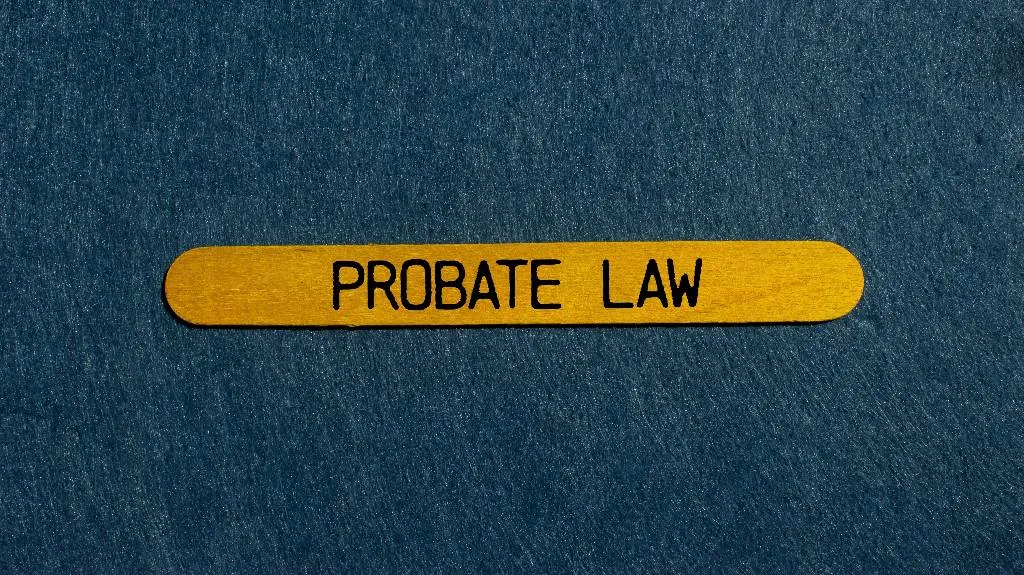When you establish a trust with your estate planning attorney, you will name someone to be the trustee. A trustee does what you do right now with your financial affairs – collect income, pay bills and taxes, save and invest for the future, buy and sell assets, provide for your loved ones, keep accurate records, and generally keep things organized and in good order. They are under a fiduciary duty to follow the terms of the trust documents and to work with your best interests in mind. This fiduciary duty makes it so that if they run astray of their responsibilities, they can be held civilly liable for their actions.
The Key Takeaways
- You can be trustee of your own revocable living trust. If you are married, your spouse can be co-trustee along with you.
- Most irrevocable trusts do not allow you to be trustee.
- Even though you may be allowed to be your own trustee on your trust, you may not be the best choice for a variety of reasons.
- You can choose an adult child, trusted friend or a professional or corporate trustee.
- Naming someone else to be co-trustee with you helps them become familiar with your trust, allows them to learn firsthand how you want the trust to operate, and lets you evaluate the co-trustee’s abilities.
Who Can Be Your Trustee
If you have a revocable living trust, you can be your own trustee. If you are married, your spouse can be a trustee with you. This way, if either of you become incapacitated or die, the other can continue to handle your financial affairs without interruption. Most married couples who own assets together, especially those who have been married for some time, are usually co-trustees. However, you will be required to name a successor trustee to take over once you and your spouse pass on, or become incapacitated.
Get a Free Consultation Today
You don’t have to be your own trustee. Some people choose an adult son or daughter, a trusted friend or another relative. Some like having the experience and investment skills of a professional or corporate trustee (e.g., a bank trust department or trust company), but that will of course come at a cost for their services. Naming someone else as trustee or co-trustee with you does not mean you lose control. The trustee you name must follow the instructions in your trust and report to you. You can even replace your trustee should you change your mind.
When to Consider a Professional or Corporate Trustee
You may be elderly, widowed, or in declining health and have no children or other trusted relatives living nearby. Or your candidates may not have the time or ability to manage your trust. You may simply not have the time, desire or experience to manage your investments by yourself. Also, certain irrevocable trusts will not allow you to be trustee due to restrictions in the tax laws. In these situations, a professional or corporate trustee may be exactly what you need: they have the experience, time and resources to manage your trust and help you meet your investment goals.
What You Need to Know
Professional or corporate trustees will charge a fee to manage your trust, but generally the fee is quite reasonable, especially when you consider their experience, the services provided, and the investment returns that a professional trustee can deliver.
Actions to Consider
- Honestly evaluate if you are the best choice to be your own trustee. Someone else may truly do a better job than you, especially in investing your assets.
- Name someone to be co-trustee with you now. This would eliminate the time a successor would need to become knowledgeable about your trust, your assets, and the needs and personalities of your beneficiaries. It would also let you evaluate if the co-trustee is the right choice to manage the trust in your absence.
- Evaluate your trustee candidates carefully and realistically.
- If you are considering a professional or corporate trustee, talk to several. Compare their services, investment returns, and fees.
Working with an estate planning attorney will make this selection process easier. We can help you select, educate, and advise your successor trustees so they will have support and know what to do next to carry out your wishes. Give us a call today.
Filippi Law Firm, P.C., provides legal services in estate planning, probate, trust administration, trust litigation, and personal bankruptcy in the greater Sacramento area, with a focus in Rocklin, Roseville, Lincoln, and Granite Bay. Give us a call at (916) 333-7910 or fill out the contact form to get in touch with our office. Consultations are free, and they can be done over the phone, via Zoom, or in person at our office in Rocklin. Prepare for your future and work with the best estate planning attorneys today.




